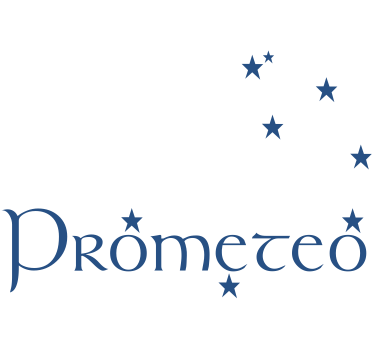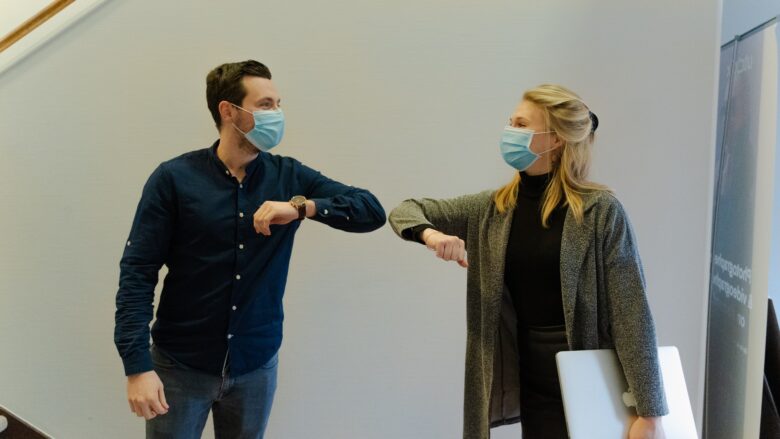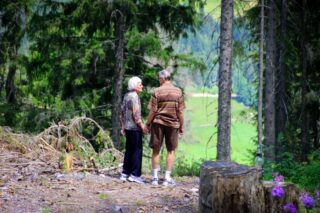This project is initiated by partner organisations from four EU countries affected by the global Covid-19 crisis. According to the recent Euro fund survey, all EU countries were negatively affected by the pandemic. In spring 2021, there was an overall increase in negative feelings, anxiety, loneliness, and depression, across most social groups. An increase in depressive feelings was recorded particularly among younger groups; 64% of young adults (18–34 years) are at risk of depression, while the highest increase in loneliness was recorded for senior citizens.
All project partners have experience in adult education. We all share the common goal of improving the health and well-being of the most vulnerable social groups suffering from the long-term consequences of COVID-19, including young adults and senior citizens. All members of our organisations are also suffering from the negative consequences of the pandemic. We need to respond to this ongoing crisis as soon as possible, to prevent more negative consequences in the future. It is well known from previous social crises that dealing with immediate consequences, saving lives, and restoring infrastructure is not enough. The healing process has to include sharing experiences of loss and grief and building resilience and positive thinking. This process starts with the acknowledgment of negative experiences. Trying to forget the past without analysing it is a recipe for post-traumatic stress disorder and more negative health and social consequences in the future.
The project aims to reduce the negative consequences of the pandemic on health and well-being. We plan to achieve this goal by developing an educational program and a non-formal learning methodology focused on improving the physical health and psychological well-being of people suffering from long-term negative consequences of the Corona crisis. The adult education program will be focused on developing lifestyle skills that will help learners cope with psychological stress, build resilience in the face of loss and grief, share negative experiences with their peers, and gain psychological support. The innovative non-formal learning methodology for adult educators will be based on storytelling and will help to improve the competencies of educators in dealing with vulnerable groups suffering from negative physical and mental
Search for Project Results – 2021-1-LT01-KA220-ADU-0025964
consequences of the global health crisis. Storytelling is a powerful tool that helps people to make sense of stressful events and traumatic experiences. By telling their stories, people from vulnerable groups, including young adults and elderly citizens will gain agency and a sense of control over their life. Storytelling as a non-formal learning methodology will help in building resilience, positive thinking, coping with loss and grief, and getting support from peers and healthcare professionals. This methodology will be used to develop a webinar for adult educators working with vulnerable groups (young adults and senior citizens). Participants will be able to improve their competencies of giving support to vulnerable groups by encouraging storytelling, active listening, and empathy. We also plan to develop an online course for people suffering from the negative consequences of the Covid-19 crisis, focusing on two groups: young adults and senior citizens. Both young adults and senior citizens suffered from the limitations on their physical and social activities that negatively affected their physical and psychological health. However, their challenges are different. While young adults could compensate for the lack of social contacts by using digital networks, senior people often lack digital skills. On the other hand, senior citizens have more resilience, simply because they experience more negative events in their life. By sharing their experiences and co-creating solutions these two groups can help each other to get back to normal life.
For results, go to this link for the “Loss and grief after the C19 pandemic”
https://issuu.com/home/published/module_1.1_loss_and_grief.pptx
This is the website of the project:
Where to find the results online of the EU website about the Back To Normal project.
https://erasmus-plus.ec.europa.eu/projects/search/details/2021-1-IT02-KA220-HED-000032115
Facebook page of the project:
https://www.facebook.com/profile.php?id=100080032388731
Videos on YouTube – video interview with Giancarlo
YouTube, videointerview with Giannina
YouTube, videointerview with Maria Consilia
YouTube, videointerview with Delia
Follow the YouTube, page of Non-Formal Learning “WE” Club
https://www.youtube.com/@non-formallearningclubwe1618
Stories of courage and resilience at the time of COVID-19





